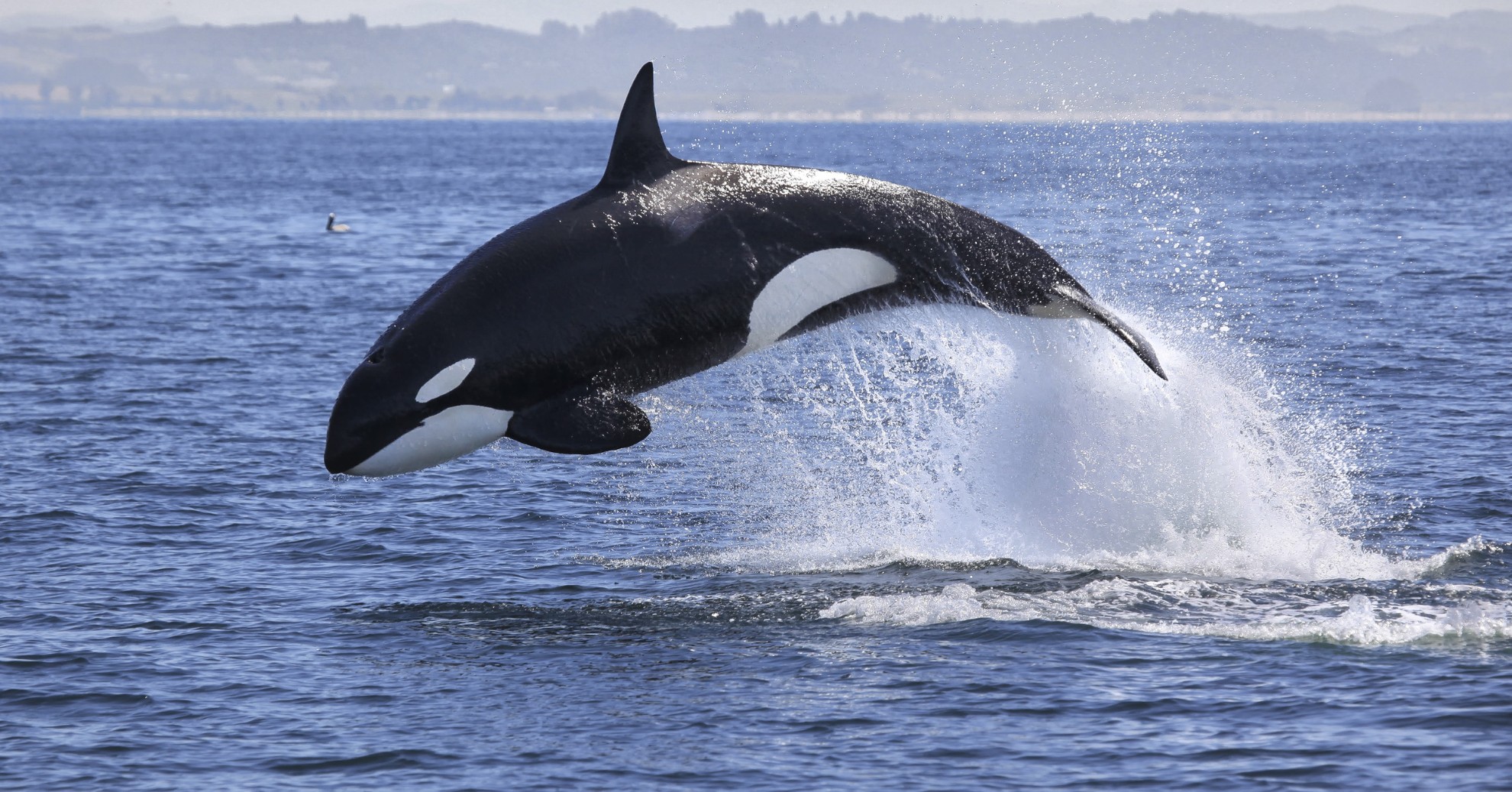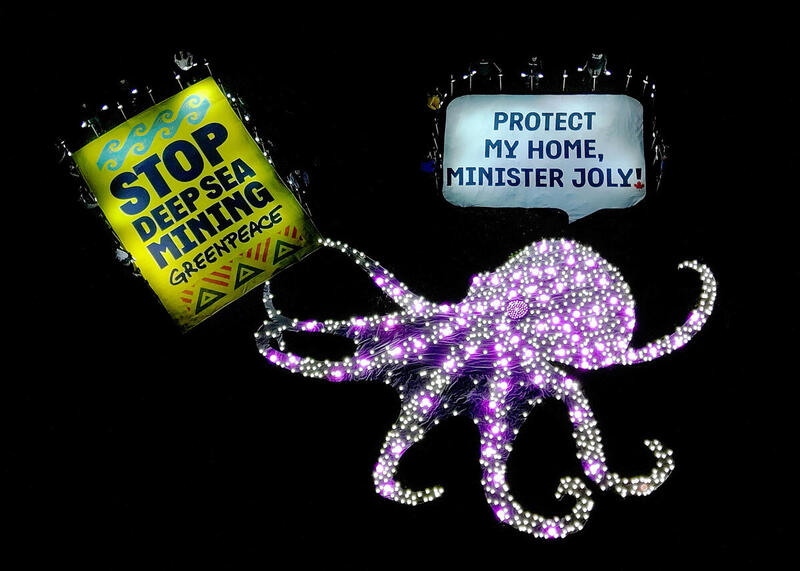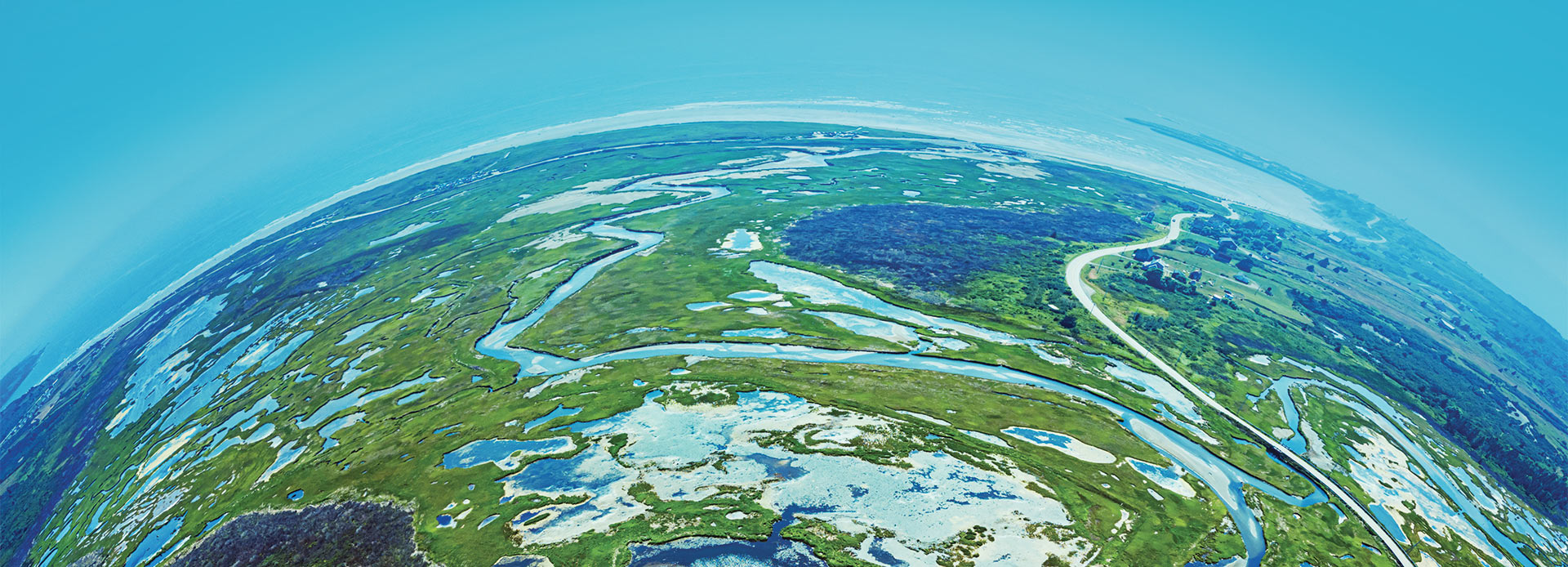- DEN Enews
- Posts
- DEN Enews
DEN Enews
Third Week after Pentecost

Welcome to the Enews!
June 8th was World Oceans Week and June 9th was Canadian Rivers Day. We dedicate this issue to consider what we are doing to our oceans and waterways that filter into our oceans.

Here is a DEN Project on Healthy Coasts
Diocesan Environment Network Healthy Coastline Project
In February, the Healthy Coasts project began on the eastern shore of Nova Scotia. Led and financed by the Anglican Church, with support from the University of Dalhousie and the Rural Communities Foundation of Nova Scotia, this citizen science initiative aims to connect communities with coastal ecosystem conservation and climate change preparedness.
The project has identified four coastal sites for citizen scientists to monitor, each of them led by a parishioner, but not exclusive to members of the church. They will track beach profiles, climate, wave and current patterns, and coastal biota. The goal is to enhance coastal residents' sense of belonging, knowledge about coastal ecosystems, and preparedness for climate change effects.
Citizen science is an effective tool for this purpose. By collecting and analyzing data, residents learn about coastal phenomena and can make informed decisions about living healthily on the coast. The project emphasizes that nature is God's creation, and good Christians should care for it. For more info: https://telegra.ph/Healthy-Coasts-Project-03
Want to have some Fun? Find out what is your Ocean Personality by clicking the box below and answering a few fun questions.

Check out the David Suzuki Foundation Good News For A Change to learn more about a simple marine shipping solution and a big climate win for small island states. https://community.davidsuzuki.org/index.php/email/emailWebview?email=MTg4LVZEVS0zNjAAAAGTo9trT7s7IrhOeqrTwOx54wf_OYu4m6Mt_CutgJzSdFdwVM6W3Hee5ddRDmooPjGIlvb0-gr7YqXNHmTujlF4XeJkfwtFKn0DWQ
Now some Shameful News:
One of our Advocacy Editors, Jesse Hamilton, has created this page to give you more of an understanding of what is going into our oceans.
You may find this Symposium of interest which will work towards the application, implementation, and delivery of nature-based adaptations to climate change, and share the latest research in coastal and estuarine science!

Ocean creatures and habitats are in dire straits. Climate change, pollution and overfishing are pushing them to the brink of collapse. Food security and the livelihoods of billions of people hang in the balance.Please urge the Canadian Government to sign the Global Ocean Treaty into law to create new ocean sanctuaries and protect sea biodiversity.
People have the right to know that the water they are drinking is safe, that we can go swimming in local rivers without getting sick. In New Zealand, the health of lakes, rivers, and drinking water is getting worse thanks to the intense dairy industry. Nitrate is one of the worst contaminants and the problem is about to get a lot larger. The current government is getting rid of the only freshwater protections in New Zealand. They are removing the Te Mana o Te Wai - a policy that puts the health of freshwater ecosystems first, the health of people second, and commercial use of water last. Now commercial interests will have free reign to pollute with no regard for the health of nature or people. Canadians can join in to sign this petition saying people need drinkable water and swimmable rivers!
There are 74 Southern Resident orcas. They are struggling to catch enough food in an increasingly loud, overfished, and polluted ocean. Critical habitat has been established for them, but without limiting noise pollution within these protected areas. Noise from ships and boats interferes with orcas' echolocation, hearing, and communication. This makes it harder for these starving animals to hunt and eat Chinook salmon, their preferred prey. Slowing vessels, requiring routine maintenance, and changing vessel routes are all options that would help. June is known as Orca Month and this petition is asking the U.S National Marine Fisheries Service to take meaningful steps in limiting noise pollution within the critical habitat of the Southern Resident orcas.
We know that oil production is a threat to our climate and to biodiversity. Global temperatures keep rising both in the atmosphere and in the ocean. Oil spills contaminate the ocean and leave a path of destruction behind. Yet, the fossil fuel industry continues to expand, making record-breaking profits. But Big Oil companies are feeling the pressure, and we won’t back down. Greenpeace is joining allies intaking direct action to demand companies take responsibility for their role in causing the climate crisis. From occupying Shell’s oil platform in the North Sea, to blocking oil tankers in the Salish Sea, and fighting to protect the Amazon Coast from drilling, keeping fossil fuels out of the oceans, and the atmosphere, is key to the dodging a devastating demise of marine life by the end of the century that scientists are warning about. Take action: tell companies to stop drilling and start paying for the damage they have already caused to the planet.
Last Sunday was also Canadian Rivers Day. This spring the Committee on Fisheries and Oceans will be meeting to review the effectiveness of the Fisheries Act. The Fisheries Act needs to be more effective on how it protects water and wildlife, particularly in these critical areas:
The impact of commercial fishing gear on marine mammals
The toll urban runoff takes on our waterways
The loss of habitat and population declines caused by barriers to the migration of fish
The imminent threat posed by pesticides to our aquatic environments
The destruction of freshwater habitats for growth in infrastructure and industry
The dangerous spread of diseases to wild fish populations through open-pen finfish aquaculture. Canada’s wildlife can’t speak for themselves, so it’s up to us to speak up for them. The Canadian Wildlife Federation urges us to join them in demanding urgent action from the Parliamentary Committee on Fisheries and Oceans.

Islands
As some of you may know, I have a soft spot for islands, any island.
There is a way of living, a way of thinking that comes only from living on a small bit of land with a small amount of people, physically cut off from the mainland for much of our days.
Islanders do not make do with less. They may have “more” than most households do. Stocking up and re-purposing is second nature. Like most humans, something will be missed on that shopping trip so you learn to lean on neighbours.
As kids, you explore every inch of that island. You know which beach will give the most sea glass or where to find the best driftwood for bonfires. You are probably educated in a one-room building for at least the elementary grades. It is not just your parents that you obey, but any adult on the island.
Islanders learn so many occupations. If you need a new set of kitchen sink taps replaced, you don’t call a plumber. You do it yourself. Sometimes that may involve half a dozen people figuring out how a new faucet works, but the job gets done.
Islands take up only 5% of the planet’s land but they are home to 20% of the world’s bird, reptile and plant species. However, 40% of all endangered species live on islands.
Islands are the last stronghold to protect endangered species.
One group that is dedicated to protecting the natural habitat of islands is a group called Seacology. They assist with projects that the local people feel are important. If an island wants to protect a wetland for example, they may provide funding for the research, but they may also build a school or community centre that will assist the entire community.
Political bodies often overlook islanders. No one bothers to ask them what they want. An example is a plan to change the Tancook ferry which has always travelled out of Chester to have a new terminal in Blandford.
For over a hundred years these islanders went to Chester for their banking, grocery, or hardware needs. Blandford doesn’t have one store. The Tancook teenagers walked off the ferry and up the hill to the High School. Now they will need to travel to Blandford by ferry, get on a schoolbus, and travel to school twenty km away. They won’t have their storm houses in Chester to rely on.
Islanders will need to park a car in Blandford near the terminal and drive 20 km to that grocery store. Maybe they will go to the city for their needs and the local village will lose those customers. If they had Doctors in Chester or Bridgewater, they now need to backtrack 20 km or more to start their journey in that direction.
Like many government projects, they never looked at the impact this would have on Tancook. Tourists will now use the car ferry, drive around the Island and wait for the next ferry back. Roads will wear down faster. Even small things like having dust on your newly washed clothes every day is annoying. On Monday morning on an island, no one kicks up dust or makes a beach smoke till the women have their wash in.
Then there are things like litter being thrown out their windows. You don’t throw litter if you have to pick it up later. There is little litter now. Most doors aren’t locked on the island but that will change.
Changing the natural habitat of even some of the nine hundred thousand (900,000) islands will cause havoc for the inhabitants and the 40% of the endangered species of the world that live on islands.
Let’s protect our islands and the people who live on them.
Oddity
In Amsterdam and also in parts of Europe and Australia, this is what a public trash can looks like. The slots on the sides are for cans and bottles.
It is considered an easier way for non-profits and the vulnerable to gather the recyclables for reimbursement. There is no need to go through the trash; simply collect from the sides of the regular trash cans
It isn’t only for the homeless. Social groups may do a bottle collection week to help fund their activities. It is considered a cleaner way for those who wouldn’t bother to take their recyclables home. It still protects their environment.

Newspaper Flowers
Grandma loves paper flowers. I came across a tutorial for a new way to make them and we tried. I think scrapbooking scissors may improve the edges. They were a fun activity for decorating for a gathering.
Open full sheets of newspaper.
Find three sizes of plates, bowls or glasses to make different size circles.
Draw circles around the crockery.
Using craft paints,paint each of the circles. Use several colours or mix colours after a few to make a coordinating colour.
Let dry and cut out
The idea is to place several different size flowers, arranging large to small in size and then have a button for the center.
I did manage to sew the papers for one flower but found gluing them together easier.
You could hot glue a safety pin to the back to make a corsage or use double-sided tape to attach to a gift. I tucked a few around the house for a splash of colour.


Something to eat
My friend Katie dropped by as I was pulling out a chicken pot pie from the oven. She told me how she now makes her chicken pie, like mine without a bottom crust, but uses a stove-top dressing for the top. Brilliant! I can’t wait till I make the next pie to try it.
Chicken Pot Pie
1 to 2 cups cooked diced chicken or turkey
2-3 cups of cooked vegetables
1 can of cream of chicken soup (or mushroom or celery)
½ tsp of thyme
Either do a biscuit top or try a box of stove top dressing for the top.
Put it all in a deep dish pie pan or a larger rectangle oven dish and cook 40-60 minutes (according to the amount of ingredients) So good.


May the love of God be as deep as the ocean floor, as sweeping as the currents, and as soothing as the waves crashing on the shore. Creator of mysteries, help each of us be stewards of the ocean. Stir our spirits with wonder and amazement knowing that Your love for us extends even beyond the horizon of the open sea. We rejoice in the living waters of the ocean and tread lightly on Your shores, hoping to leave this miraculous creation a mystery to behold for all future generations. Amen. https://www.mercyworld.org/f/45074/x/161f12cecf/ocean-prayer-service.pdf




.png)



